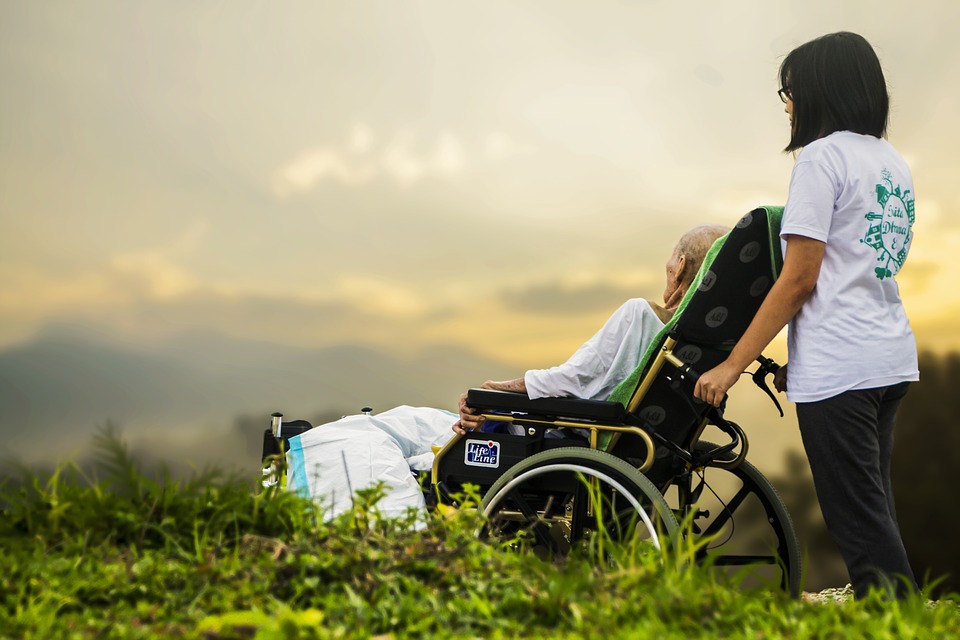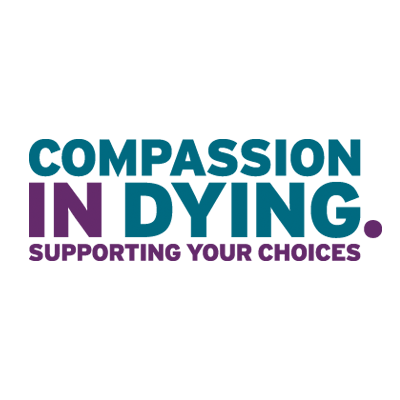An innovative new publication from Compassion in Dying launches today (Tuesday 28th November 2017), using the authentic voices of dying people to empower others to make informed decisions about their care and treatment.
Compassion in Dying talked to over 600 dying people and their carers to develop the new booklet, What Now? Questions to ask after a terminal diagnosis, which uses the experiences of real people to support others who have received a terminal diagnosis to ask questions, find the information they need and make the decisions that are right for them.
The booklet contains direct quotes from dying people and their carers about their experiences of receiving a terminal diagnosis, living with a terminal illness, the impact on loved ones, and their insights on what to consider when making decisions about treatment and care. It also provides support on how to find useful information, ask questions, make considered choices and plan for the future. The booklet includes removable pages with suggested questions to ask a healthcare team, such as ‘What is my outlook for the future?’ and ‘What will happen to me at the very end?’, with space to take notes. What now? is supported by and available at all Maggie’s Centres, Penny Brohn UK and St Helena Hospice.
The resource was developed using insights from people with lived experience of terminal illness. Compassion in Dying received more than 600 responses to a questionnaire for dying people and carers and commissioned BritainThinks to conduct focus groups and in-depth interviews with the public, dying people and carers.
A thematic analysis of the research revealed that people were not always given clear information about their condition, nor appropriate support to make choices, nor sufficient opportunities to discuss their treatment options and care needs.
Pam Craige, 60 from Cheshire, contributed to the research. Her husband Bill died in August 2013 of chronic heart failure. Pam explained:
“My husband was diagnosed in 2011 and we managed fairly well for two and a half years. Then his health rapidly declined – it was such a shock. The possible complications had never been mentioned to us. We never expected the pain he experienced during the last week of his life. We had been led to believe that he would go fairly peacefully and at home, which was his one wish. The reality was devastating for my husband and it subsequently had a huge and long-lasting effect on me. I felt traumatised.
“If we’d been given clear information about what to expect it could have been so different. We were given little bits of false hope which made us believe he could come home when there was no way he could. I was not emotionally prepared for Bill’s death or what he went through at the end. No one sat me down and gave me information or explained what might happen.”
Natalie Koussa, Director of Partnerships & Services at Compassion in Dying, said:
“‘Person-centred care’, ‘advance care planning’ and ‘choice’ have become buzzwords in the end-of-life sector, yet we know from successive policy reports and from people we support that in practice, these ambitions are not always implemented effectively.
“As an organisation that informs and empowers people to exercise their rights at the end of life, we wanted to learn more about the experiences of dying people and the barriers that prevent some from getting the care that’s right for them.
“One of the key findings from our research is that when people who have a terminal diagnosis want more information, they don’t always know which questions to ask in order to obtain it. What Now? aims to address this by empowering people to ask those questions, find out what they need, and make informed choices so that they can live as well as possible in the time they have left. By using the words of people who have experienced terminal illness first-hand, we have developed an easily digestible, approachable resource that will arm others with the tools they need to make the end-of-life decisions that are right for them.”
Copies of the booklet are available to download or order here.

